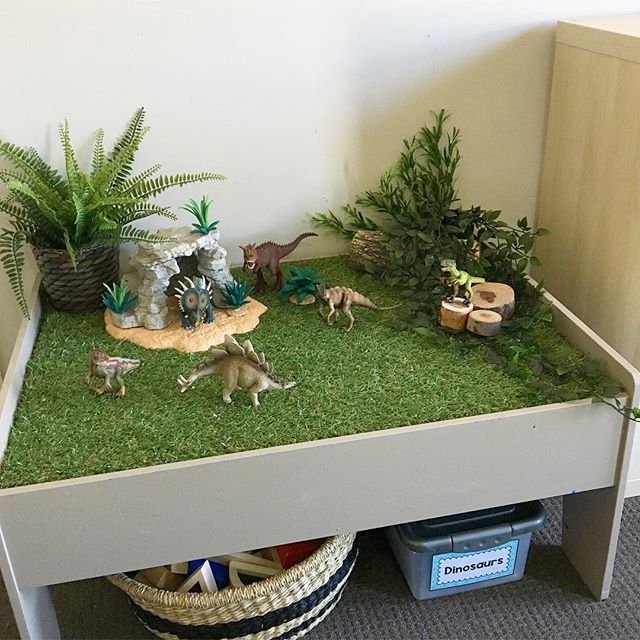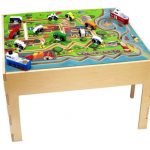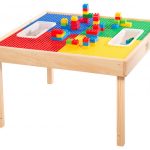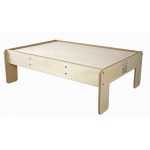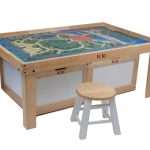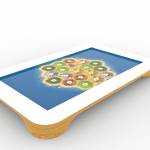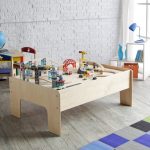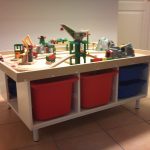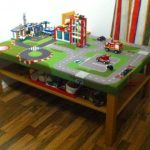Play tables are important tools in the early childhood education setting, as they provide children with opportunities to engage in hands-on learning and exploration. These tables are designed to encourage imaginative play, problem-solving skills, and social interaction among children.
One of the key aspects of play tables is their versatility. They can be used for a wide variety of activities, such as sensorial exploration, art projects, math and science experiments, and pretend play scenarios. By providing children with a range of materials and tools to manipulate, play tables help foster creativity and critical thinking skills.
Research has shown that play is essential for children’s cognitive, emotional, and social development. When children engage in play at a table, they are able to experiment, make mistakes, and learn from their experiences. This hands-on approach to learning not only helps children develop fine motor skills, but also encourages them to explore new ideas and concepts in a safe and supportive environment.
Play tables also play a crucial role in promoting social development. By working together at a table, children learn how to communicate effectively, negotiate with one another, and collaborate on projects. These social skills are essential for success in school and in life, and play tables provide an ideal platform for children to practice and refine them.
In addition to cognitive and social benefits, play tables also offer physical benefits for children. By engaging in hands-on activities at a table, children develop their hand-eye coordination, dexterity, and muscle strength. Furthermore, the sensory experiences provided by play tables help children learn to regulate their emotions and develop self-control.
Overall, play tables play a vital role in early childhood education by fostering children’s holistic development. By providing children with opportunities for hands-on learning and exploration, play tables help them build essential skills in a fun and engaging way. Through play, children develop a love for learning that will carry them through their educational journey and beyond.
 decorafit.com Design ideas for your home and patio
decorafit.com Design ideas for your home and patio
